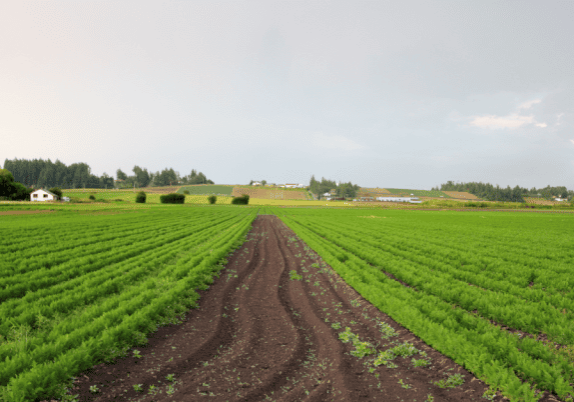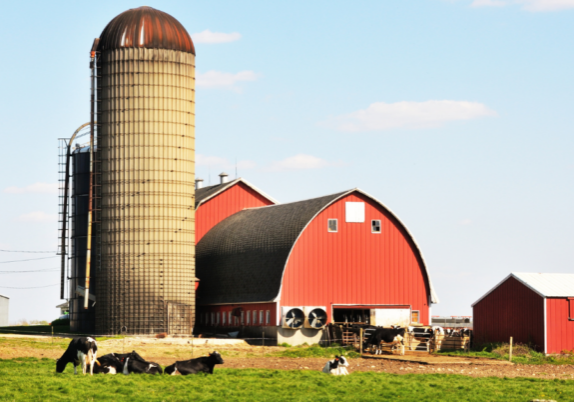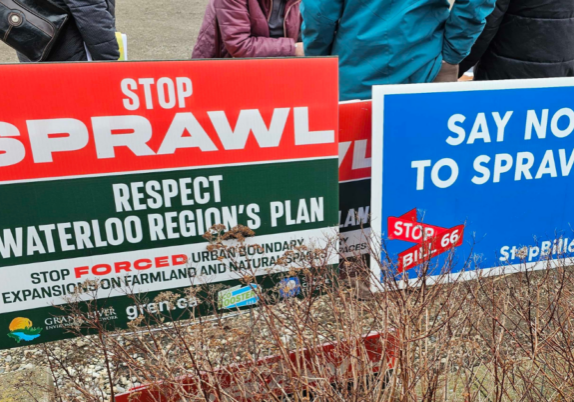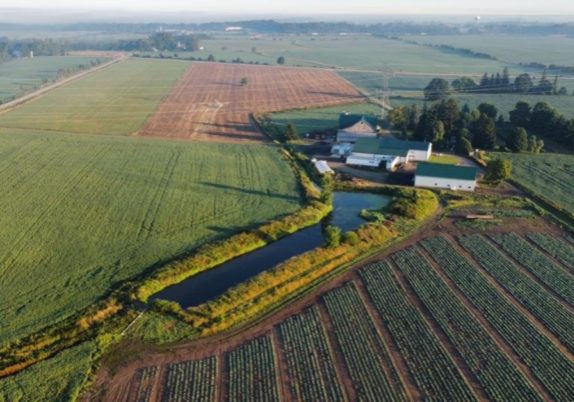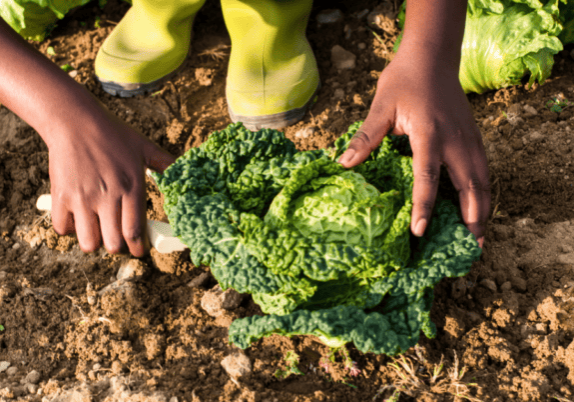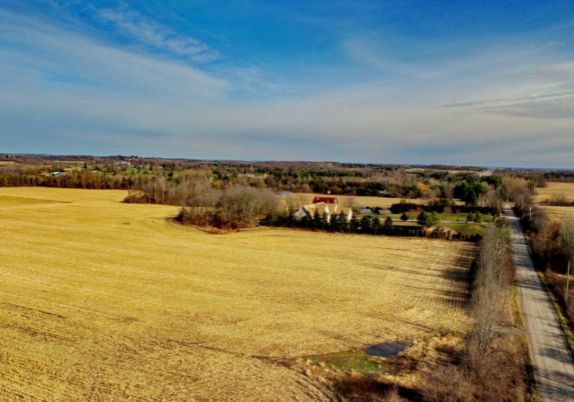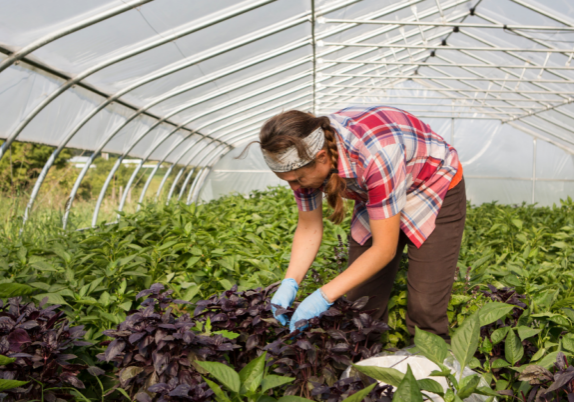NFU-O Response to the Get it Done Act (Bill 162)
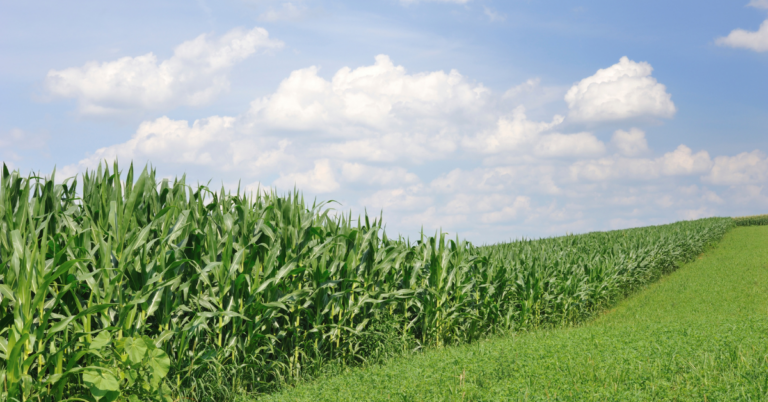
Re: ERO-019-8273 Bill 162, Get it Done Act 2024
Minister Calandra,
The National Farmers Union – Ontario (NFU-O) is responding to ERO-019-8273 to voice our concerns regarding changes in the Environmental Assessment Act and the Official Plan Adjustments Act that would fast track protective regulatory mechanisms, degrading the quality of decision-making around farmland development. Farmland is an invaluable public asset, and it is in our best interest to maintain all remaining farmland to feed our growing population.
The NFU-O is an accredited farm organization representing thousands of sustainable farmers in Ontario. We have advocated for farmers across Ontario and Canada since 1969. Members work together to achieve agricultural policies that ensure dignity and income security for farmers, while protecting and enhancing rural environments for current and future generations. For years the NFU-O has advocated responsible development, smart densification, and the
realization of complete communities in existing built-up areas, alongside the preservation of farmland and natural heritage areas.
The NFU-O is particularly concerned that, by making land expropriation easier and fast-tracking standard land-use planning procedures, the government is prioritizing development over farmland conservation. Both Schedule 1 (Environmental Assessment Act) and Schedule 3 (Official Plan Adjustments Act) pose future threats to farmland by proposing to undermine existing regulatory mechanisms put in place to serve the best interest of the public.
Since 1990, the Environmental Assessment Act has provided environmental and societal protections for development projects across Ontario. As the Province balances development and farmland conservation priorities, it is integral to exercise caution and follow the processes outlined within this act for environmental and agricultural assessments. Proposed land expropriation changes in Schedule 1 of Bill 162 would fast-track energy and transportation project development by weakening the regulatory strength of these measures, threatening Ontario’s farmland and making it harder for farmers’ voices to be heard. The NFU-O urges the Ontario government to take a holistic approach to said projects, and strongly advocates for the application of the precautionary principle regarding all land-use planning processes. Farmland expropriation for development is unacceptable.
The NFU-O would also like to reiterate the importance of adhering to land-use planning policies set in place to ensure democratic decision-making regarding land-use changes. As seen with Bill 23 and the removal of Greenbelt protections, fast-tracking planning processes leads to public distrust in Government and poor decision-making. Schedule 3 raises public concern again. The proposed boundary changes in Bill 162 seem designed to undermine sound land-use planning processes in favor of fast-tracking either industrial and/or sprawl type housing development on our productive and finite farmland.
We are already seeing troubling signs of how the development-at-all-cost mentality underpinning Bill 162 is running roughshod over regulatory and democratic mechanisms designed to protect our finite farmland. For instance, in the Region of Waterloo and Wilmot Township, the Ontario government, via the provincial agency — the Ontario Realty Corporation— alongside local officials and the consulting company, Canacre Ltd., is seeking to pave over up to 770 acres of prime agricultural land for an unspecified industrial park/project. Affected farmers have been threatened with expropriation should they refuse to sell their land. Provincial, regional, and municipal leaders are declining to divulge the process behind this aggressive acquisition of farmland or reveal details of its intended use. A lack of public consultation and transparency suggests that this government has learned little from the popular opposition to Bill 23 and Bill 97, and that Bill 162 is little more than a continuation of policies that will weaken environmental, agricultural, and democratic protections to the detriment of all Ontarians. Farmers and the public deserve better.
The government has an obligation to Ontarians to balance development with the protection of our natural resources, including farmland. For the agri-food sector to remain a critical economic driver in the province, and to be able to support the Local Food Act and the Grow Ontario Strategy, we need to work together to protect Ontario’s farmland for growing food.
Sincerely,
Max Hansgen,
President, National Farmers Union – Ontario
